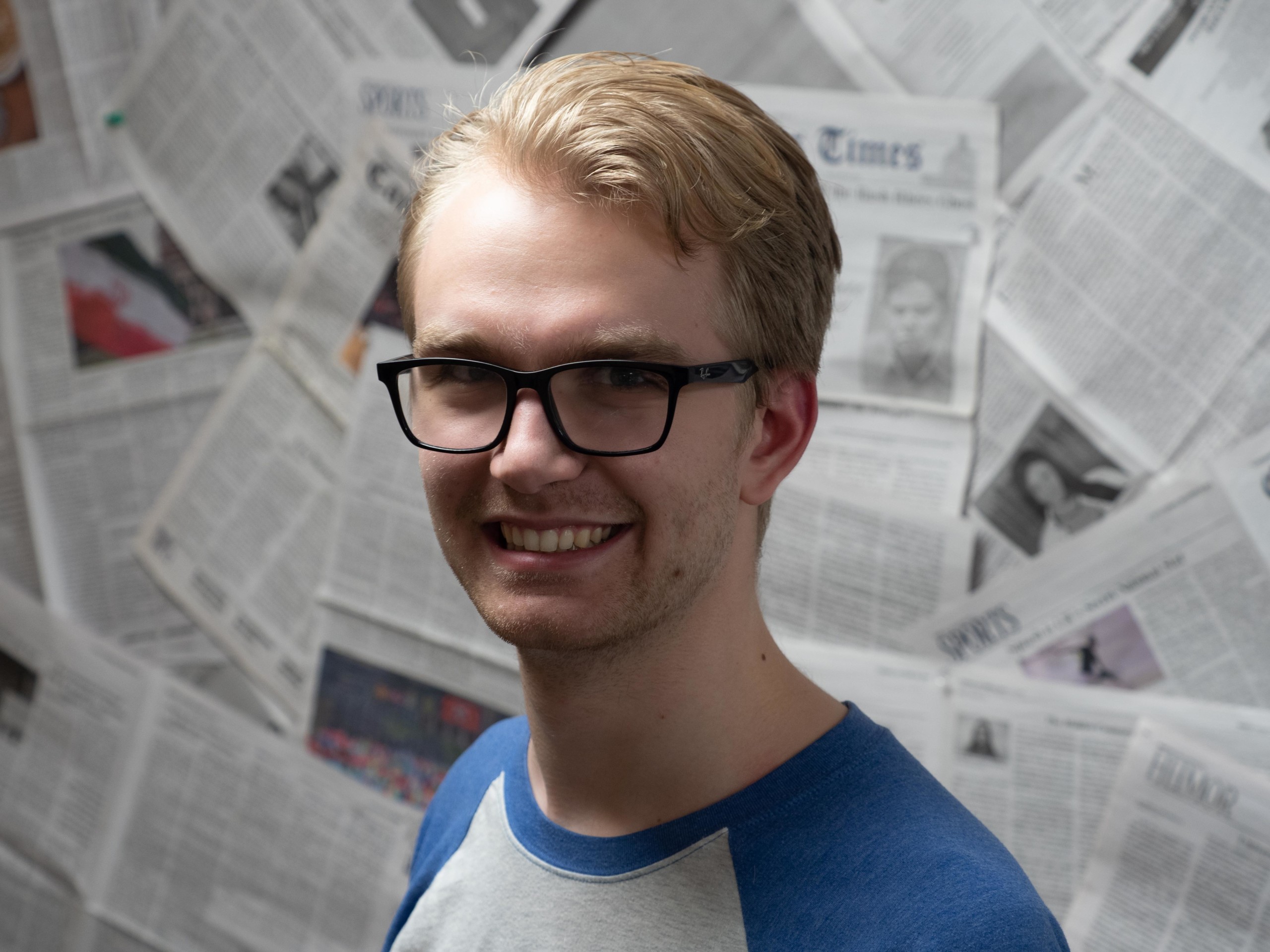Academic, medical, and financial consequences of COVID-19 were covered in a virtual town hall on Thursday featuring University President Sarah Mangelsdorf and other senior leaders from the University.
The town hall — which lasted around an hour — covered a variety of topics, like staff furloughs and the UR Medical Center’s (URMC) work facing the pandemic.
URMC CEO Mark Taubman spoke about URMC’s work in helping Monroe County deal with the disease. He described URMC’s work to convince New York State that they have enough equipment and beds to deal with any greater spike in cases than has already occurred. Taubman said he believes they were successful in this regard.
“I think fortunately we have convinced them that, so much so that we were the first major medical center to be allowed to start seeing elective patients,” he said. URMC’s healthcare system includes, Taubman said, “six hospitals […], urgent care centers, nursing homes, home care facilities, and outpatient facilities.”
Taubman is also the dean for UR’s School for Medicine and Dentistry, where medical students were given the option to graduate early and work to fight COVID-19. “I think it speaks volumes that people in Rochester and our students in Rochester, so many volunteered to stay and help,” he said.
Early in the hour, Mangelsdorf was asked to reflect on the University’s early measures responding to the outbreak — she mentioned the global recall of all students studying abroad and the “right but difficult” decision to get most students off campus.
Mangelsdorf moved on to discussing the future.
“The reality is we need to prepare for a second wave of the virus, and be ready for the fact that pandemics may become a way of life in the future,” she said.
She soon added, “What we have now is the benefit of experience and a better understanding of the virus, and that will make — I believe — a dramatic difference.”
The town hall offered few solid answers regarding the fall semester. Provost Robert Clark, who spoke, is leading planning efforts for the fall. Clark talked about his work with various groups within and outside of UR discussing possibilities for the fall.
On May 1, students, faculty, and staff received an email from Clark saying that UR “is currently making plans to offer two full semesters of instruction to our undergraduate and graduate students, ideally beginning with in-person orientation and classes on the same schedule as prior years.”
Clark repeated the goal in an emailed response to the Campus Times, emphasizing that the health and safety of students is a top priority in the planning process.
When asked about the University’s international programs, Mangelsdorf spoke about the Office of Global Engagement’s efforts to bring international students to UR next semester.
“We’re monitoring the sort of vast wave of global regulations and restrictions — the travel and border restrictions,” she said. “We’re also advocating along with other universities around the country that some of these travel restrictions can be relaxed as soon as it’s safe to do so.”
One of Mangelsdorf’s most concrete answers regarding the coming semester regarded study abroad.
“One of the most valuable experiences of my undergraduate education was studying abroad,” Mangelsdorf said. “But I have to be honest and say people are not going to be studying abroad in the fall. I cannot fathom it.”
Much of the discussion centered on the financial impact of the pandemic on the University. University CFO and Vice-President Holly Crawford said that in the two weeks after the New York State On Pause order was initiated, UR’s hospitals lost $71 million in revenue. Crawford also said that by the end of June, “total hospital and patient care revenues are projected to be down by about $386 million.” Mostly due to room and board refunds, Crawford said, academic revenues are projected to be down by $14M by the end of the fiscal year. And despite over 4,500 donors to UR last month, donations are down as well.
Crawford described UR’s measures to tend the financial wound: a pause on hiring and capital spending, reducing overtime, foregoing the annual merit program, cutting senior administration salaries, and furloughing staff.
Asked to elaborate further on the salary cuts and furloughs, Crawford drew a distinction between the two.
Senior administration salaries — which is on average $590,000 — are being cut by on average 13%. (The largest cut is 18%.) The reduction, starting May 1, will last through June 30 of 2021. That’s 14 months of reduced pay.
The employee furloughs, on the other hand, will last at most through August 31, 2020. “This equates to a 6% salary reduction if an employee was out for the entire 16 weeks,” Crawford said. She emphasized that not all employees were furloughed for the whole 16 weeks. The most recent estimate, Crawford said, was that 85% percent had furloughs for less time than that.
Crawford did not mention the average salary of such an employee as she did with senior administration, though she did say that the state’s unemployment program combined with the $600-per-week federal CARES Act payments that are continuing through July would replace nearly all of a $57,400 salary.
Answering CT questions via email on Saturday, Crawford wrote that the cost-saving measures “represent our intent to not have students bear any additional financial burden.”
“The decisions we are making now are intended to keep whole the level of financial aid made available to students,” she wrote, “as well as the student services that are essential to the learning experience.”

